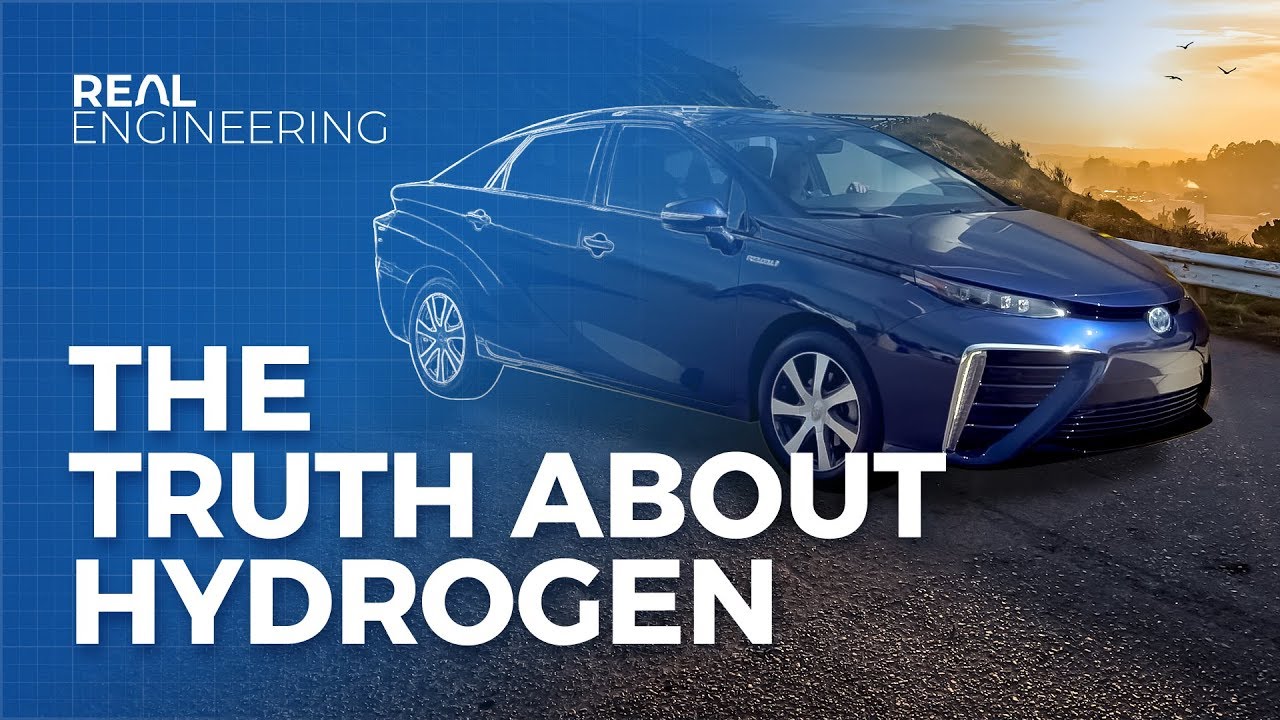The Truth about Hydrogen

# The Great Debate: Hydrogen Fuel Cells vs. Electric Car Batteries
## The Rise of Electric Cars
As the world grapples to eliminate fossil fuels from our energy diet, electric cars have seen an incredible boom over the past few years. Last year alone, over one million electric cars were sold around the world, with the total number of electric vehicles in circulation now exceeding three million.
## Fuel Cells vs. Batteries
When it comes to powering electric vehicles, there are only two choices: fuel cells or batteries. Both technologies produce electricity to drive electric motors, eliminating the pollution and inefficiencies of traditional fossil fuel-powered engines. Both hydrogen fuel cells and electric car batteries can be produced from low or zero carbon sources, making them attractive options for the future of electric vehicles.
## The Case for Hydrogen Fuel Cells
At first glance, hydrogen fuel cells seem like an extremely clever way to power a car. With compressed hydrogen offering nearly 40,000 watt-hours per kilogram, it provides significantly more energy per unit mass compared to lithium-ion batteries. Hydrogen fuel cells also allow for extended ranges without adding much weight, making them a promising option for electric vehicles.
## The Challenge of Production Costs
However, the end-to-end production process of hydrogen fuel cells presents a significant challenge. While hydrogen offers advantages in terms of range and refuel times, the cost of production is much higher compared to electric car batteries. Fully charging a Tesla Model 3 with a 75 kilowatt-hour battery costs between $10-12, while filling a hydrogen tank can cost significantly more, making hydrogen a less cost-effective option in the long run.
## Energy Efficiency and Storage Challenges
The production of hydrogen fuel cells also faces efficiency challenges, with methods like steam reforming and electrolysis requiring significant energy input. Transporting and storing pure hydrogen adds further complexity, with options like compression and liquefaction both resulting in energy losses. While hydrogen fuel cell vehicles offer certain advantages, the overall energy efficiency and production costs make electric car batteries a more viable option for the future.
In conclusion, the debate between hydrogen fuel cells and electric car batteries continues, with each technology having its own strengths and challenges. As car manufacturers and researchers explore the possibilities of both options, the future of electric vehicles remains uncertain. Ultimately, the decision between hydrogen fuel cells and electric car batteries will depend on a combination of factors, including energy efficiency, production costs, and environmental impact.
source
